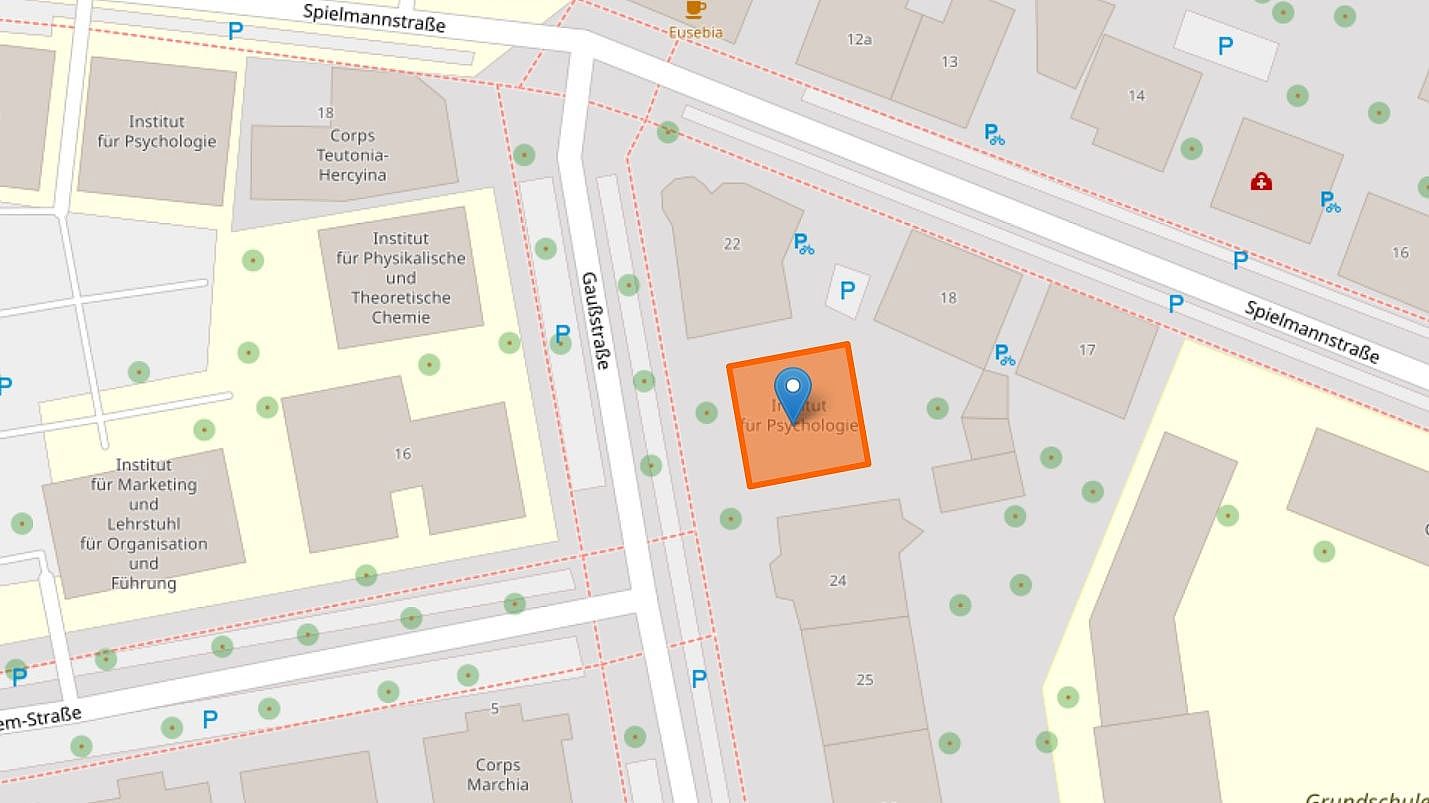Head of Department
Engineering psychology deals with all types of human-machine interaction. We offer courses on the topics and methods of engineering psychology. Our division's research focuses in particular on the field of traffic psychology.
Why do people behave the way they do in traffic? Why do they make errors that lead to accidents? Why do they choose certain means of transport? Why do they drive too fast? What could be done to avoid errors? How do you get someone to prefer cycling? How do you teach young drivers to drive with foresight, risk awareness and caution?
This is just a small selection of typical questions in traffic psychology. It is about car drivers, cyclists, and pedestrians, novice and senior drivers, the effects of distraction, fatigue, or alcohol on performance, and the design and evaluation of assistance and information systems. An understanding of the processes involved in driving and the use of transport (modelling) is essential for this.
In order to clarify these questions, accident analyses, investigations in real traffic (field observations), experiments in the department's driving simulators, and surveys of road users are carried out at the chair of traffic and engineering psychology.
If you would like to participate in one of our studies, please complete this questionnaire. We will contact you when new study is planned.
TU Braunschweig
Institute of Psychology
Traffic and Engineering Psychology
Gaußstr. 23
38106 Braunschweig
Germany

Please note: Once you activate the map, data will be transmitted to the OpenStreetMap Foundation. For more information, see OpenStreetMap Privacy Policy.